The Mosque of Schwetzingen Palace Gardens
This 18th-century folly is one of Europe's rare "garden mosques."
For several centuries, the baroque Schwetzingen Palace served the Wittelsbach dynasty as a summer residence and hunting palace. The surrounding gardens consist of two major distinguishable parts: a French-style baroque garden a typical English 19th-century landscape garden. In addition to temples dedicated to Ancient Greek gods and goddesses, an orangery, and a beautiful rococo theater, the gardens are also home to a huge mosque.
The Schwetzingen mosque is Germany’s last representative of the paradigmatic “garden mosques” that were popular in late 18th-century Europe and emblazoned the palace gardens of absolutist rulers. By erecting a mosque (along with other “exotic” buildings), kings and dukes wanted to show their enlightenment, tolerance, and cosmopolitanism.
Architect Nicolas de Pigage planned this mosque, which was finished in 1795 after 16 years of construction. Besides a cupola building and two minarets, the flamboyant complex consists of a huge colonnade and a “Turkish garden.” The walls and roofs were painted with oriental-style ornaments and inscribed with phrases in both German and Arabic. The Arabic orthography turned out to be quite poor, as the German stonemason unfortunately made a number of errors.
In general, garden mosques themselves didn’t serve any spiritual or religious purpose, but were instead garden follies and coulisses for diplomatic meetings with foreign representatives. They play witness to the fascination Europeans expressed for the Islamic world. At the Schwetzingen Palace gardens, the orientalism of those days was materialized into this unique site, which is well-preserved after a general overhaul that took place in 2007.
During the last 220 years, the site has served different purposes. It was an open-air opera stage where Mozart’s “The Abduction from the Seraglio” was performed, a military hospital during Germany’s war with France in 1870, a meeting room for the founders of Germany’s first Islamic Academy, (a project that was never realized), and as a nightclub for American soldiers after World War II.
Know Before You Go
The mosque can be accessed through the palace gardens. The gardens are open from October through March on Monday through Sunday from 9:00 a.m. to 5:00 p.m. and from April through September from Monday through Sunday from 9:00 a.m. to 8:00 p.m.
Plan Your Trip
The Atlas Obscura Podcast is Back!



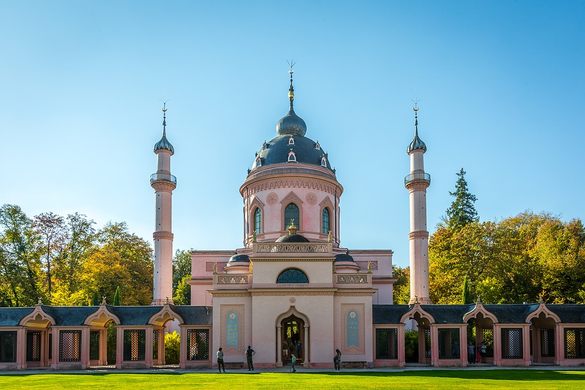



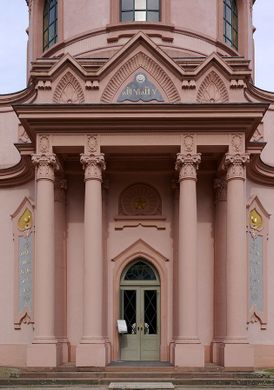
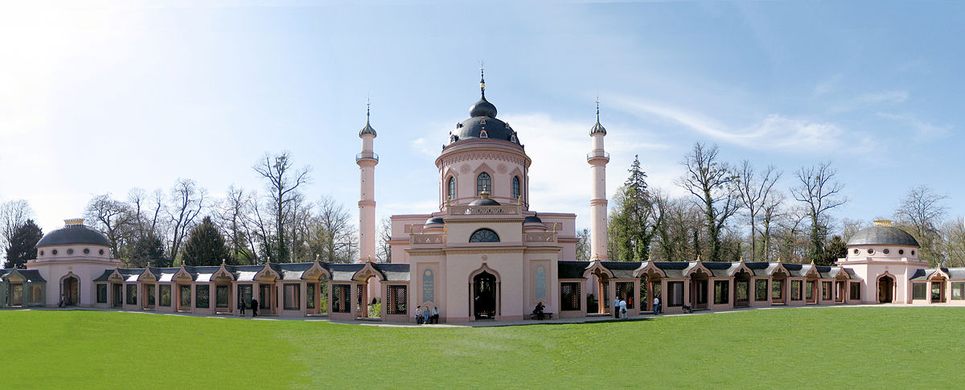






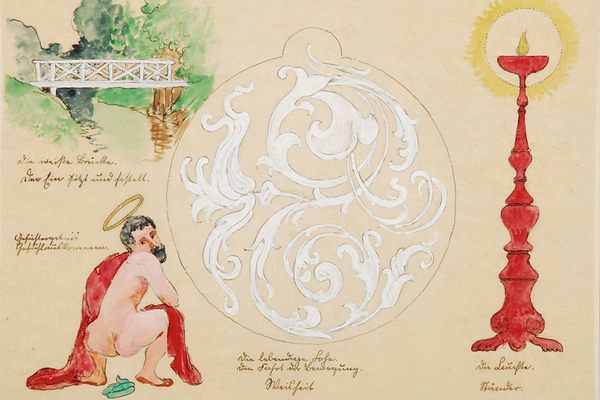
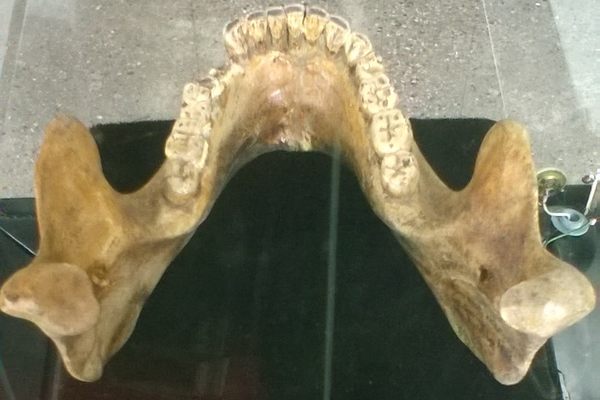


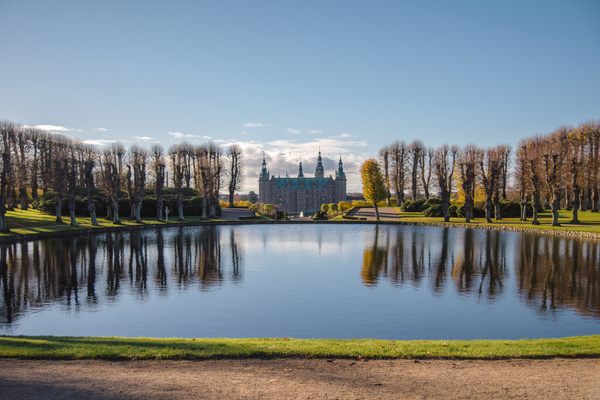


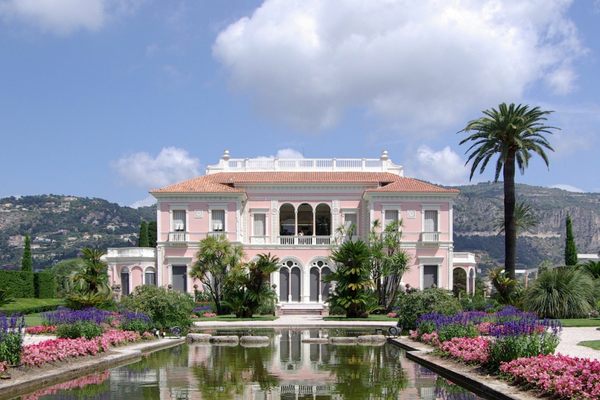

Follow us on Twitter to get the latest on the world's hidden wonders.
Like us on Facebook to get the latest on the world's hidden wonders.
Follow us on Twitter Like us on Facebook